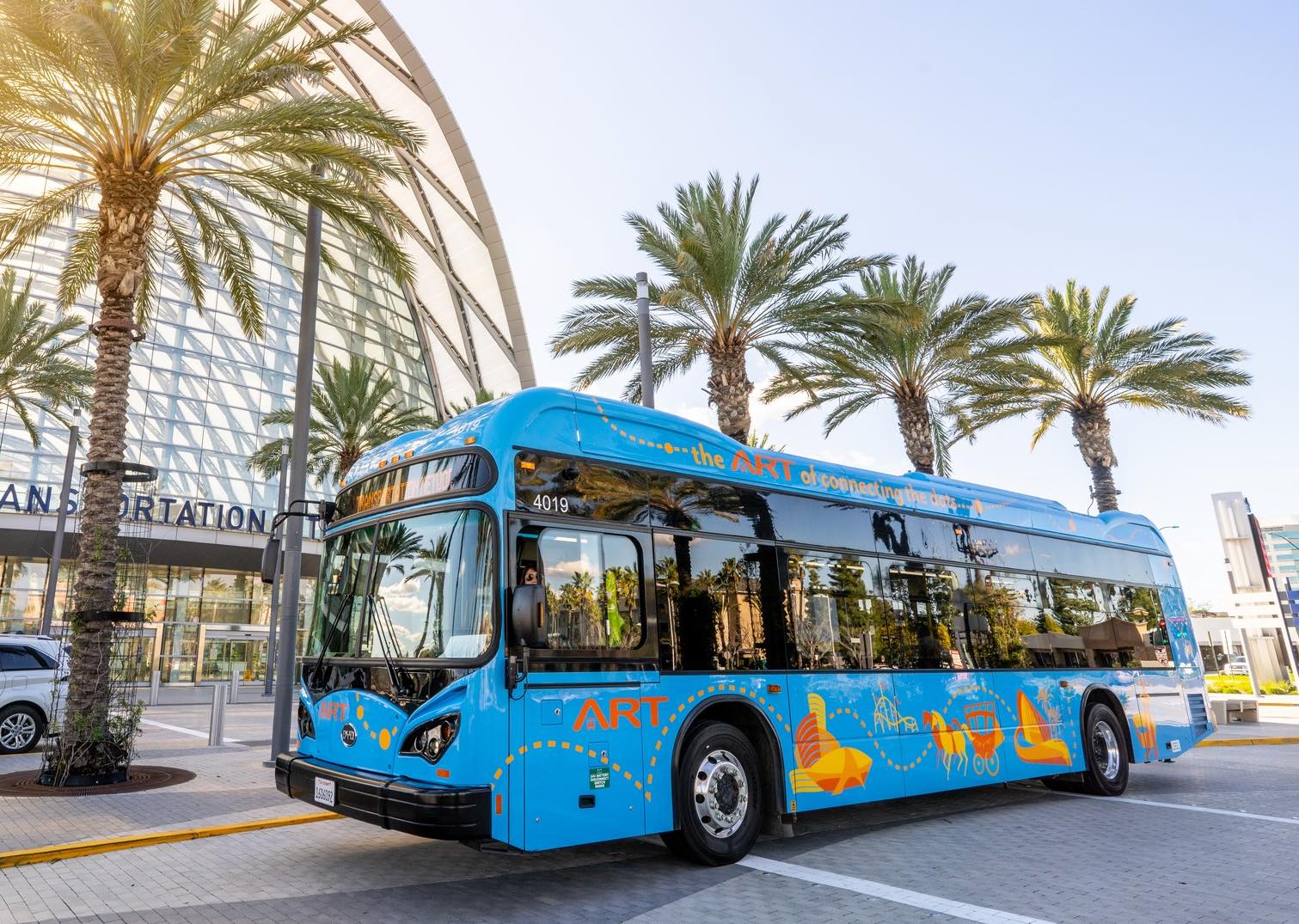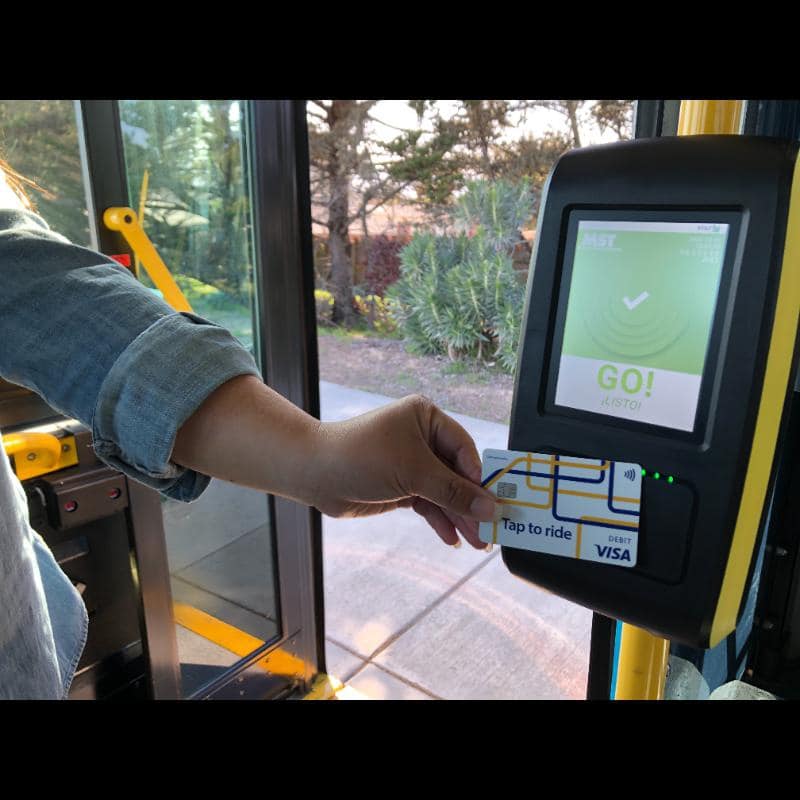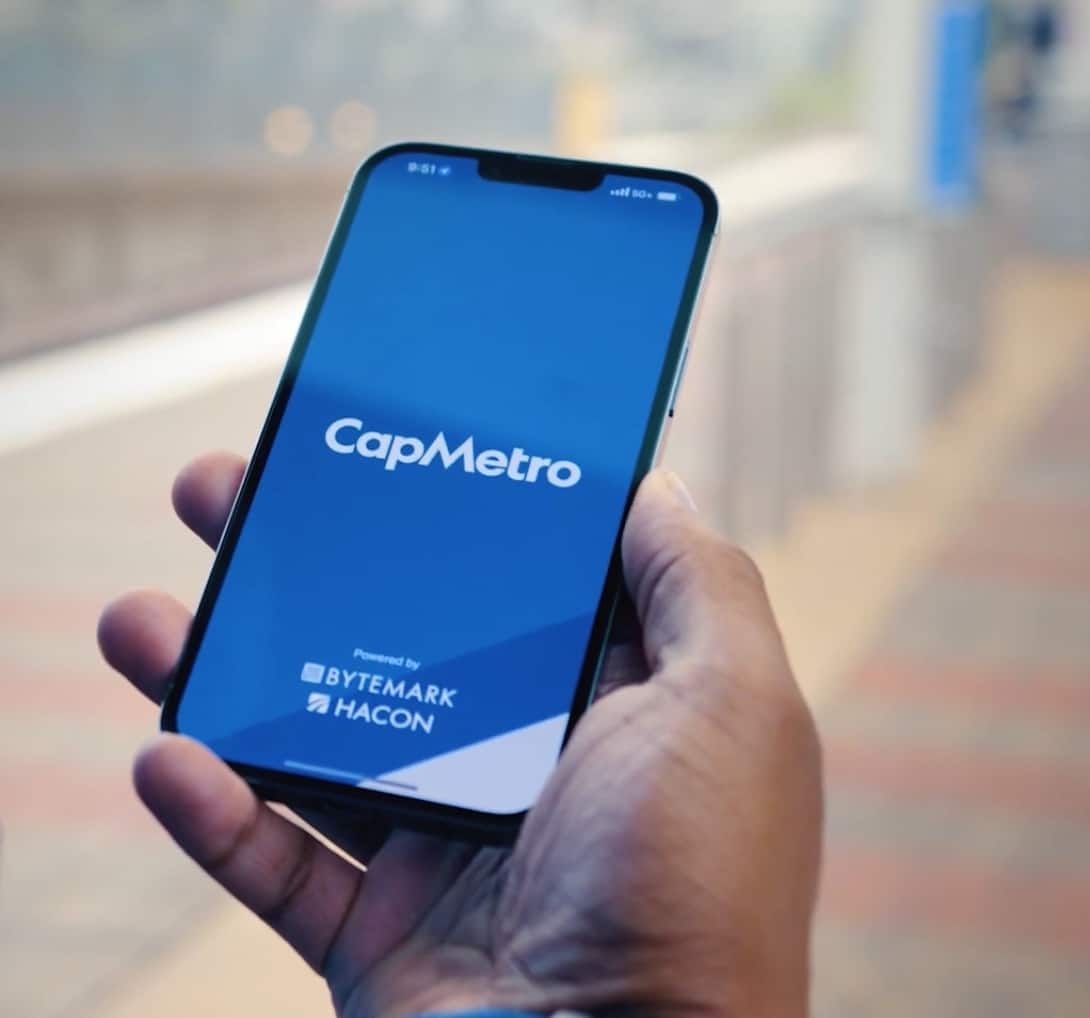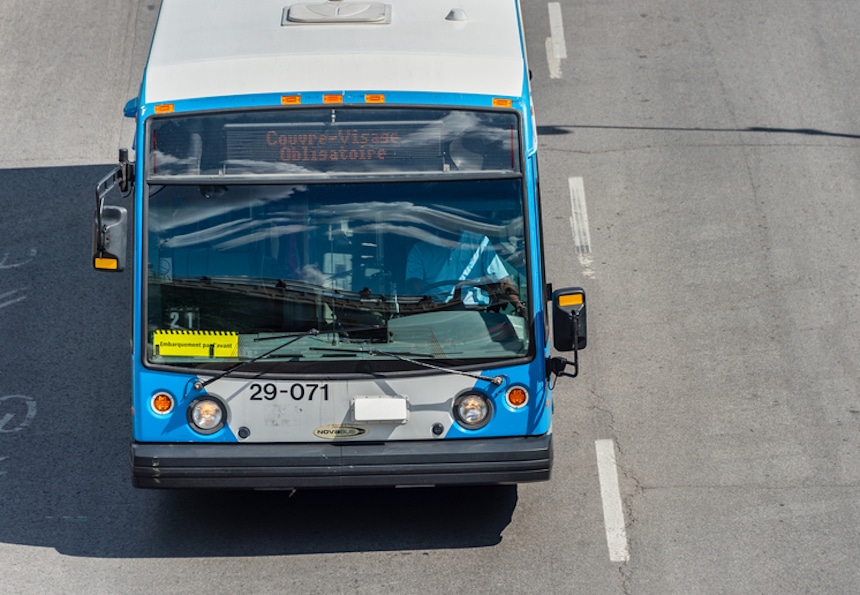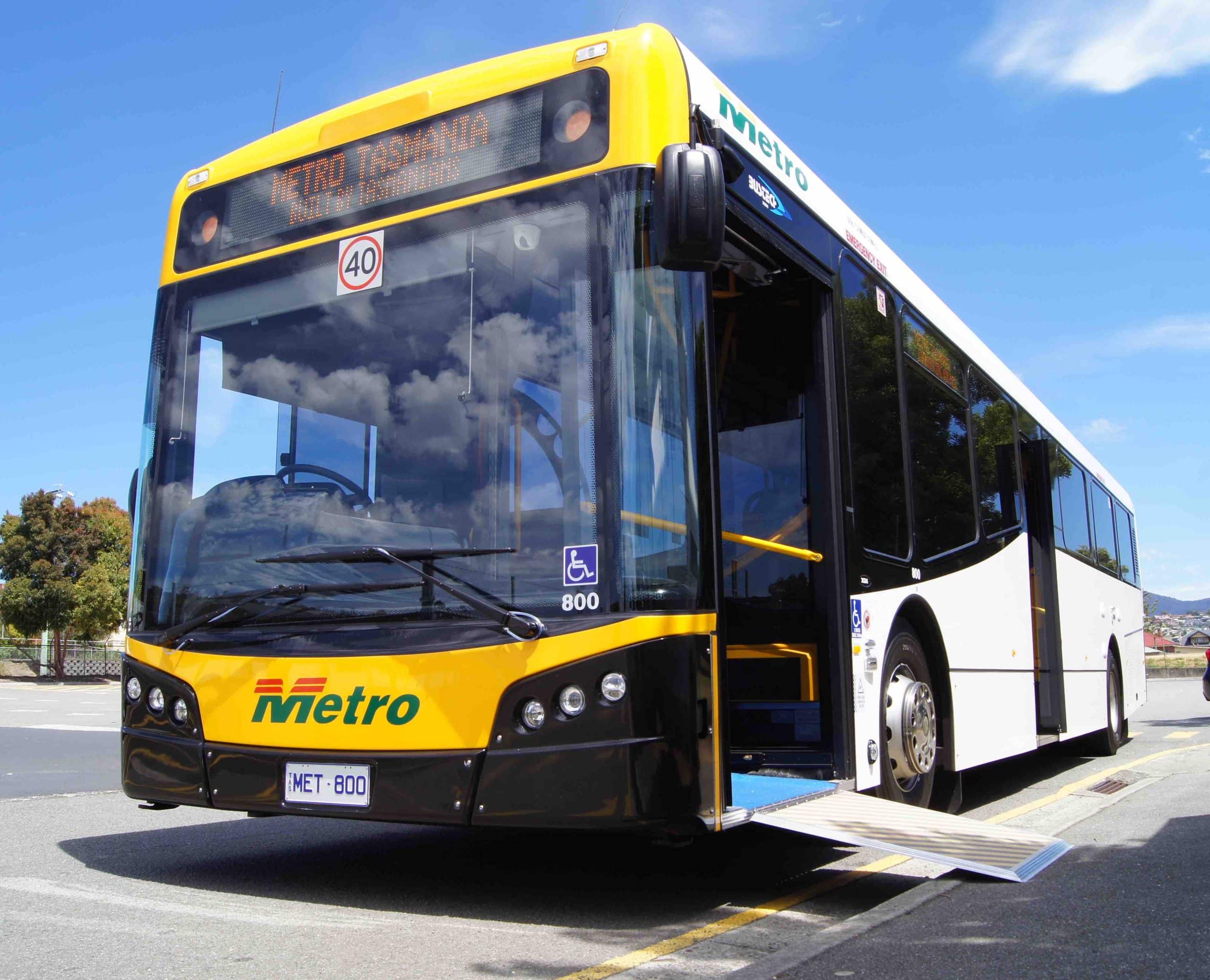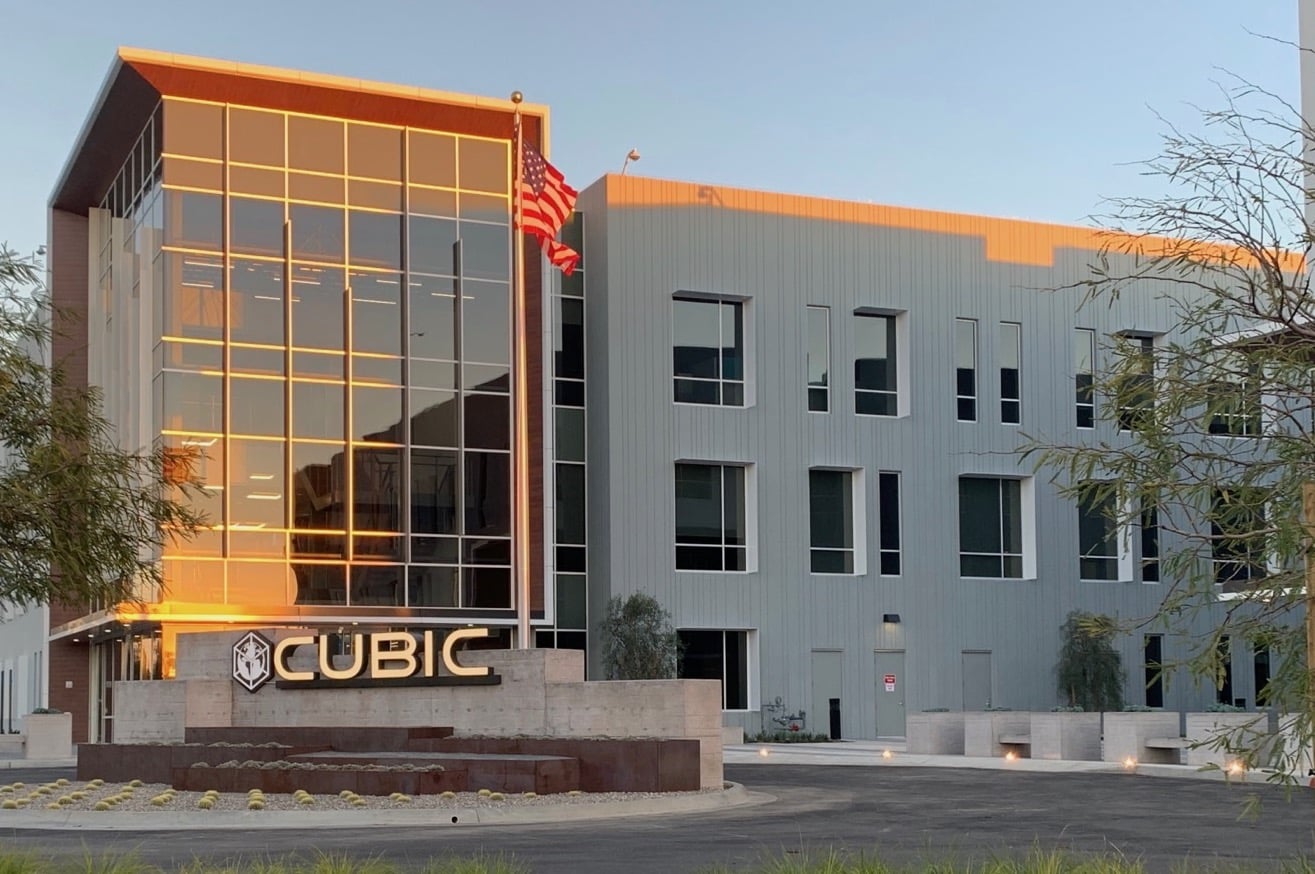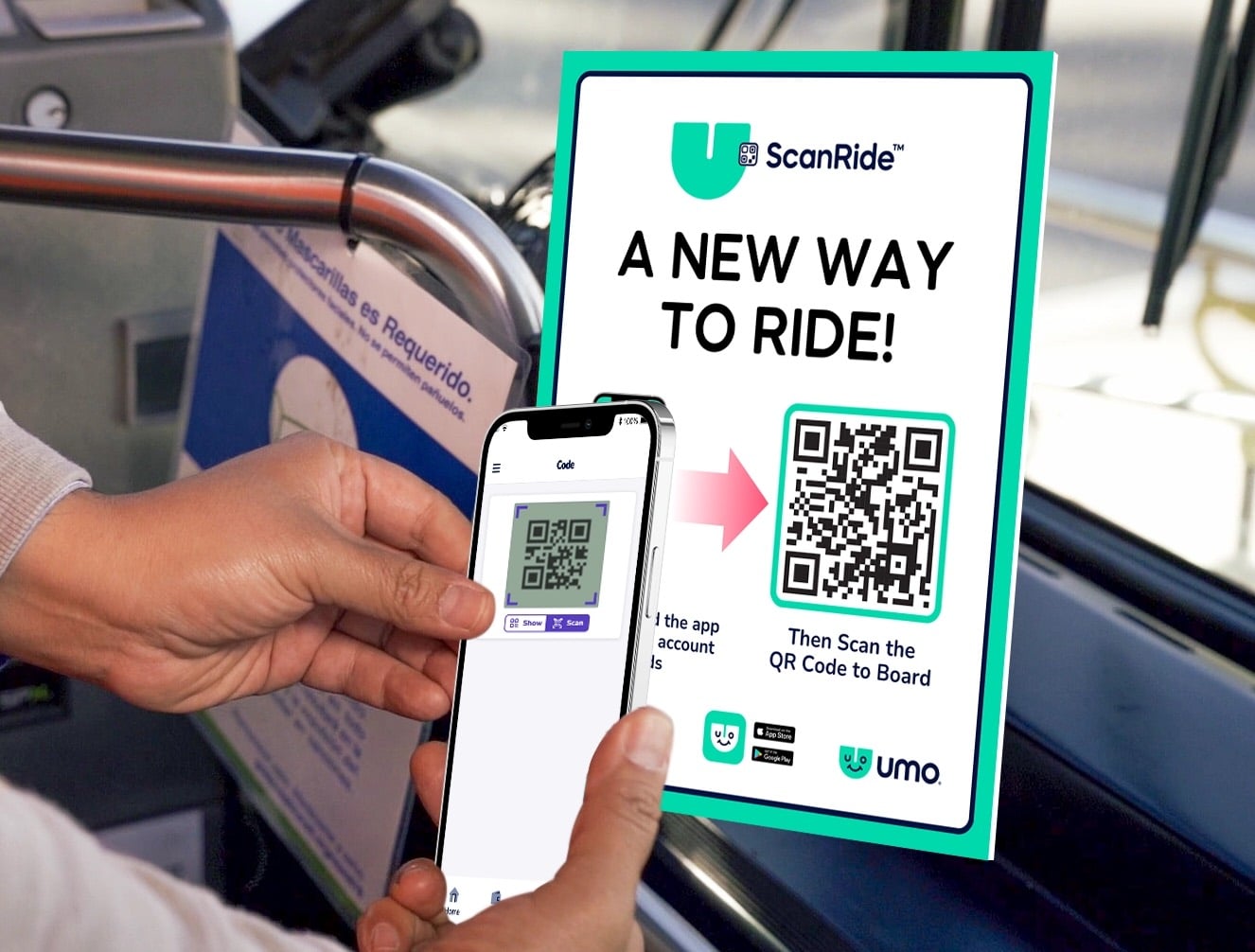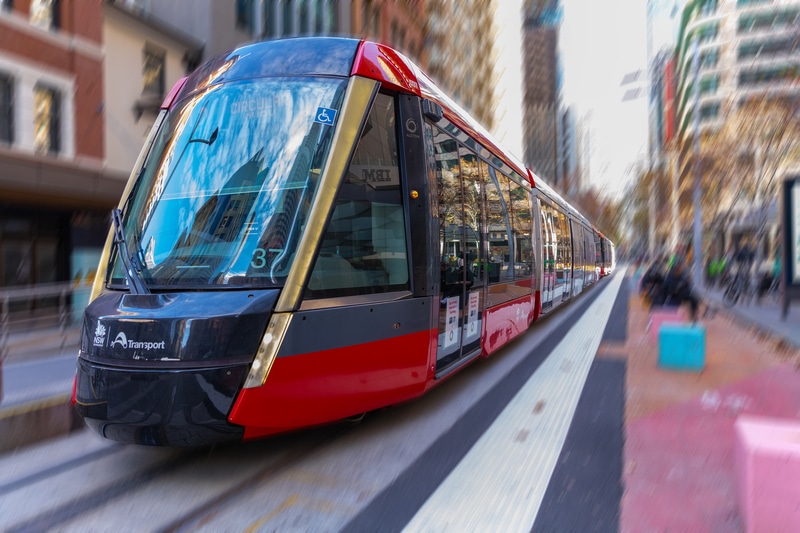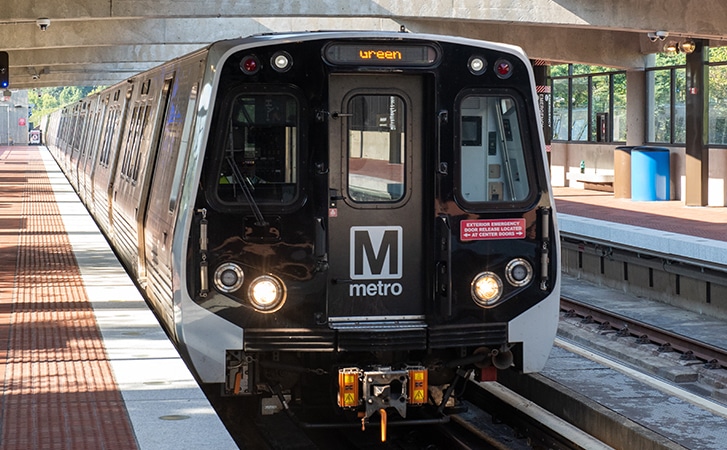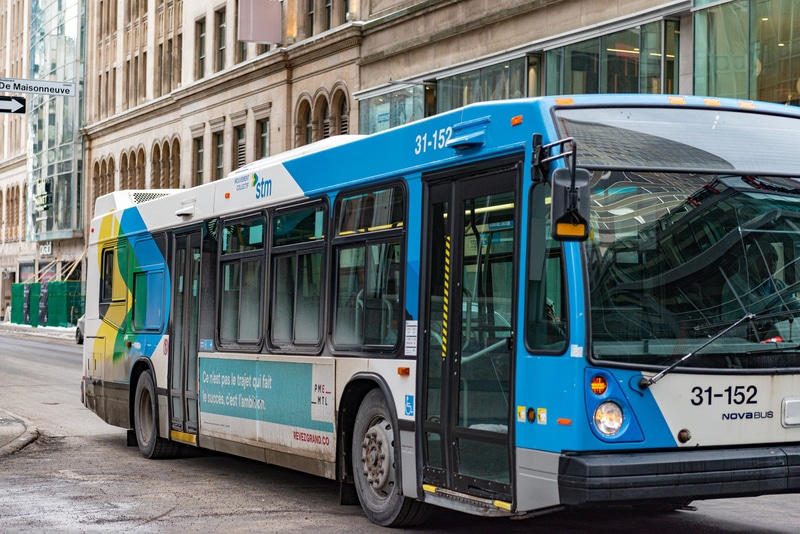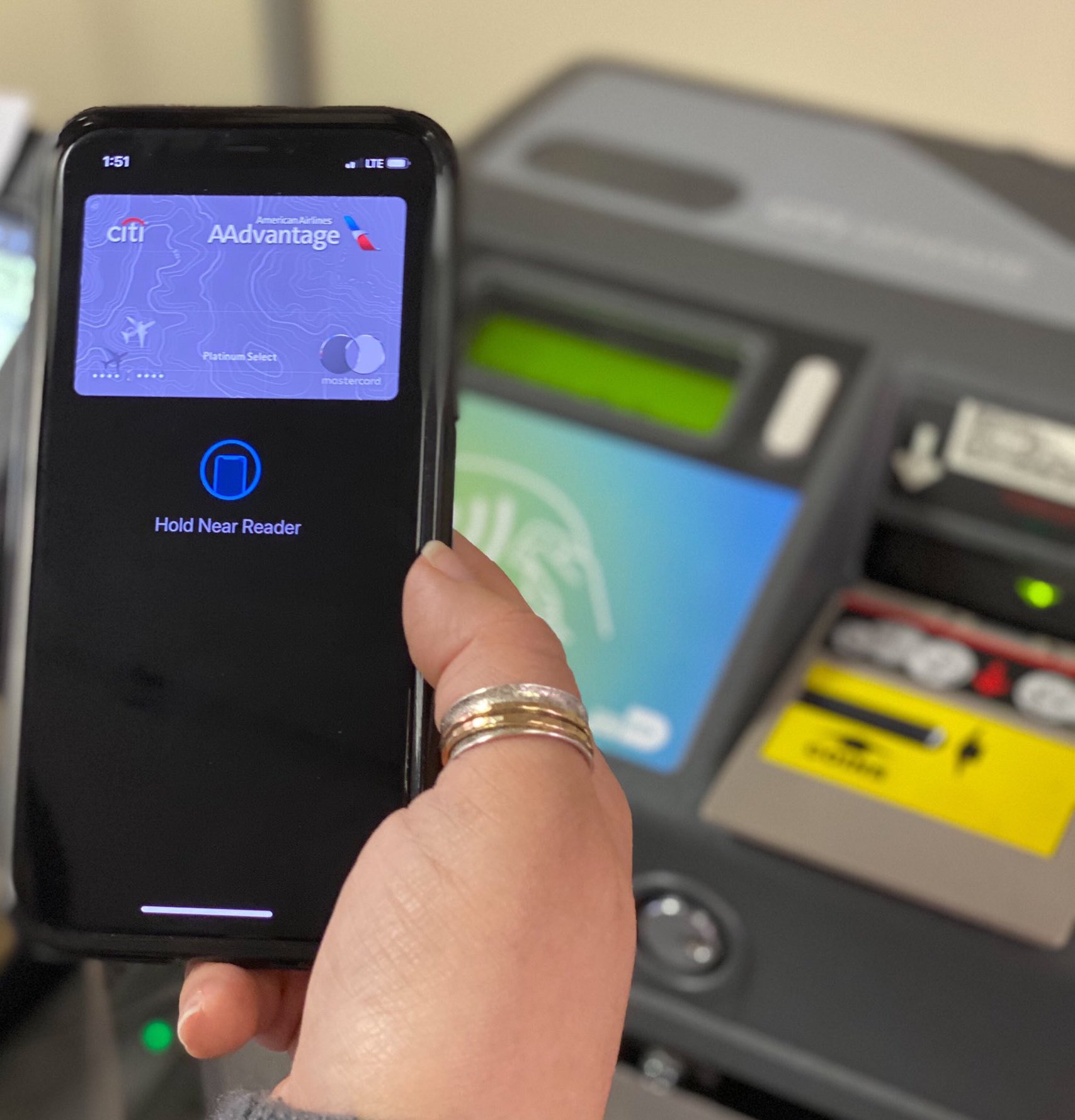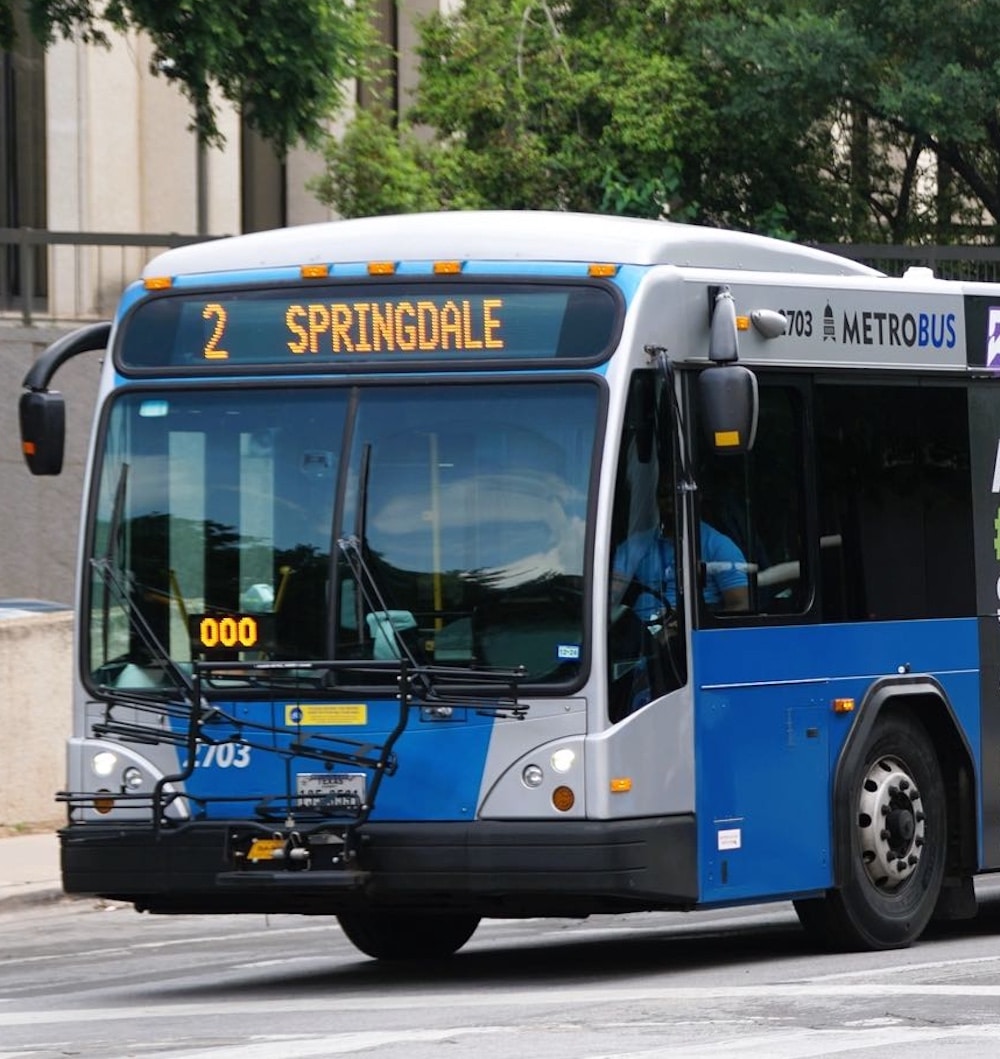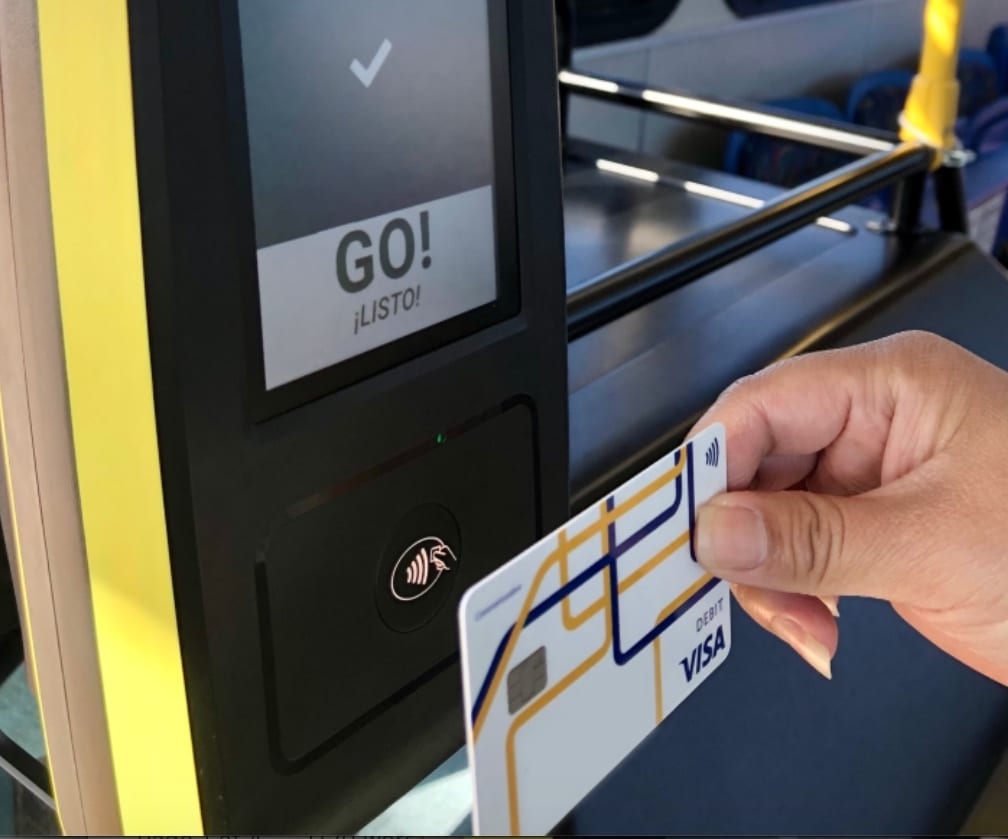
Article Highlights
California’s bold experiment into helping transit agencies procure technology to launch open-loop payments is off to a slow start, with only eight agencies–most very small–placing orders with state-vetted vendors through December. The program seeks to make it easier for transit agencies to buy and install open-loop technology.
• Graph: Orders of open-loop tech via Cal-ITP program through Dec. 2022
California’s bold experiment into helping transit agencies procure technology to launch open-loop payments is off to a slow start, with only eight agencies–most very small–placing orders with state-vetted vendors through December, Mobility Payments has learned.







